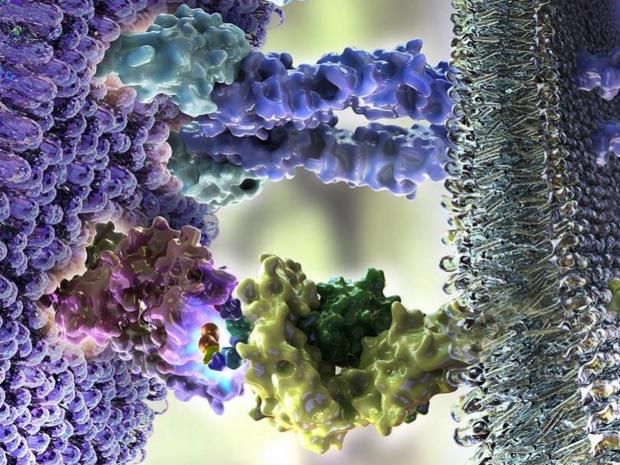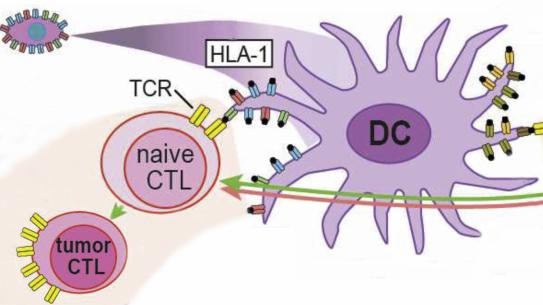Genome Writing of Human iPSCs for Off-the-Shelf Cell Therapies

Speaker:
David Truong, PhD
Assistant Professor
Department of Biomedical Engineering
NYU Tandon School of Engineering
Abstract:
A new therapeutic era has been ushered in with adoptive cell immunotherapy, which uses patient-harvested T cells genetically engineered against tumor-specific targets. However, the number of addressable cancers is limited by a lack of tumor-specific targets and T cell receptors. To address this issue Dr. Truong’s team is working on expanding the number of human leukocyte antigen (HLA) restricted T cell receptors (TCRs) and tumor-specific antigens (TSAs). Funded by an NIH DP2 New Innovator Award, they are looking at the generation of programmable dendritic cells (DCs), which are professional antigen presenting cells that function to mature and activate naive T cells. These programmable DCs could facilitate the discovery of new TCRs, the validation of TSAs, and could even be used as “living” vaccines to marshal a patient’s own immune system against infectious disease and cancer. The aim is to produce off-the-shelf DCs pre-engineered to match any HLA haplotype, even rarer haplotypes, that are pre-encoded with any combination of TSAs. In this presentation Dr. Truong will talk about his latest efforts in searching for and validating “universal” TSAs and TCRs that can be used broadly in TCR therapy for any patient. This includes the development of technology that enables the “writing” of millions of DNA base-pairs in human-induced pluripotent stem cells (iPSCs).
Dr. Truong joined NYU on September 1, 2021, after being a Principal Investigator at the New-York-based synthetic genomics company, Neochromosome Inc. He received his BS degree in molecular biology from the University of California at San Diego (UCSD)), in 2005. After 2 years in the postbacc program in molecular medicine at UCSD Medical School, Dr. Truong enter the PhD program in cell and molecular biology at the University of Texas at Austin. Upon receiving his PhD degree in 2014, he joined the systems and synthetic biology group of Dr. Jef Boeke at NYU Langone Health, before moving on to Neochromosome in 2020.


